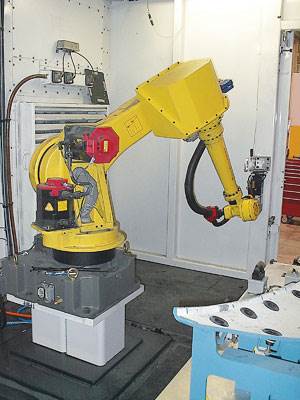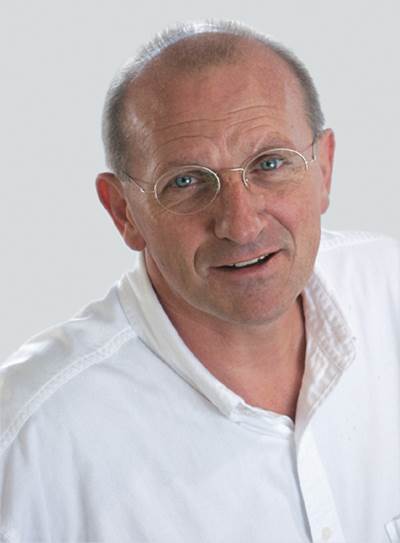Workforce Development
Robotic trimming radically shortens Corvette fender production cycle
Plasan USA (Bennington, Vt.) molds the Chevrolet Z06 Corvette’s front fenders with hand layed, autoclave-cured carbon/epoxy prepreg. Until recently, however, manual deflashing, trimming and drilling of the demolded parts consumed more than an hour to meet requirements for edge quality and fastener hole location
Read MoreMarket Trends: The MRO challenge #x97; managing uncertainty
According to a recent report by Aerostrategy Management Consulting, spending by air transport maintenance and repair organizations (MROs) worldwide totaled $40.8 billion (USD) in 2006. Moreover, Aerostrategy (Ann Arbor, Mich. and Amersham, Buckinghamshire, U.K.) reports that spending on air transport maintenance
Read MorePart design criteria
Designers of composite parts can choose from a wide variety of fiber reinforcements and resin systems. Knowledge of material properties is a prerequisite to satisfactory product design, but cost is a major factor, as well. Over-designed composites cannot compete with lower-cost, established material systems. The
Read MoreRepair considerations
As more composite materials find a place on aircraft, boats, bridges and hundreds of other applications where part replacement is difficult and expensive, OEM engineers are considering the repairability of structural and secondary composite components during the initial design phase. According to a recent report by
Read MoreFuture composites engineers
To support the composites industry, an increasing number of colleges and universities offer composite materials and design courses within mechanical, chemical and civil engineering degree programs. Educators have networked progressively with suppliers and OEMs, cosponsoring projects that give students hands-on
Read MoreSafety/environmental concerns
Fabricators and OEMs must address health, safety and environmental concerns when producing and handling composite materials. Their methods for maintaining a safe workplace include periodic training, adherence to detailed handling procedures, maintenance of current toxicity information, use of protective equipment
Read MoreRepairing flying composite structures
As the Boeing 787 nears first flight, certification and delivery and as the design of the Airbus A350 XWB is solidified, we hear more and more about how airlines that fly these planes might deal with maintenance and repair.
Read MoreComposites: Past, Present and Future: Marine Composites Training and Education, Part II
Last issue, in Part I, Andre Cocquyt identified the dire need for technical training in marine composites. In Part 2, he outlines a plan that could meet that need.
Read MoreWaterjet cutting system tackles big job, outdoor environment
When Plasti-Fab Inc. (Tualatin, Ore.), a manufacturer of corrosion-resistant equipment for water and wastewater treatment and control, landed a contract to cut hundreds of circles out of 8,000-lb/3,629-kg, 1-inch/25 mm thick rectangular fiberglass plates, the company needed an efficient cutting solution. Tests with a
Read MoreComposites: Past, Present and Future: Marine Composites Training and Education, Part I
In Part I of a series about the past, present and future of training in marine composites, Andre Cocquyt outlines the historical difficulty composites manufacturers have had in finding qualified technicians, and how that reality led to his involvement in the development of training programs.
Read More










